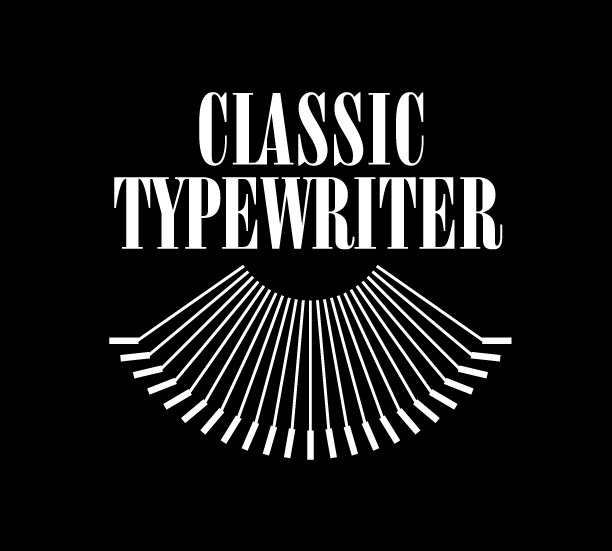Charles Bukowski and His Typewriters: The Tools Behind the Poetry of the Grit
Charles Bukowski, often celebrated as the "laureate of American lowlife," produced a vast body of work that was as raw and unfiltered as the man himself. But behind every masterpiece, there was always a machine—a typewriter that translated Bukowski’s musings, rants, and reflections into the vivid, biting prose and poetry we know today. For writers and vintage typewriter enthusiasts, Bukowski’s relationship with his writing tools offers fascinating insight into how the man and machine were deeply intertwined.
Bukowski’s Preferred Typewriters
While Bukowski was not one to romanticize his tools, he certainly had his preferences. Over his decades-long career, he used a variety of typewriters. Most notably:
Olympia SG1: A heavy-duty manual typewriter renowned for its durability and precision. This machine matched Bukowski’s relentless writing habits and the no-frills, practical ethos that pervaded his life.
Underwood Standard: An earlier choice for Bukowski, this iconic typewriter was favored by many mid-century writers for its reliability and smooth action.
IBM Selectric: Later in life, Bukowski transitioned to the electric IBM Selectric, which allowed him to churn out his famously prolific output more effortlessly.
These typewriters, particularly the Olympia, became silent witnesses to his creative process, pounding out words that would shape modern American literature.
The Impact of the Machine on His Writing
Bukowski’s typewriters were more than tools; they were co-conspirators in his art. The tactile feedback of a manual typewriter suited his visceral, often violent prose style. The physicality of hammering away at the keys mirrored the intensity of his writing sessions.
He once remarked, “Writing is pounding out a beat...the rhythm, the pulse—that’s what matters.” The manual typewriters provided exactly that rhythm. Unlike the distractions of modern computers, the simplicity of the typewriter allowed Bukowski to focus entirely on his thoughts and the page.
Quotes from Bukowski About Writing and Typewriters
Bukowski was a man who lived for the written word, and his reflections on writing often touched on the tools of his craft:
“The typewriter, the bottle, the room—it’s all the same. You find a place where the words flow and let the machine take you there.”
“I don’t think too much about the machine. I think about the noise it makes, like a train. You get on, and you don’t stop until it’s over.”
Other Writers Associated with Bukowski and Their Machines
Bukowski’s literary circle and influences were often drawn to typewriters as well, each with their own distinctive preferences:
Jack Kerouac: A contemporary whose spontaneity and jazz-like prose mirrored Bukowski’s raw style, Kerouac famously used a Hermes Baby and Underwood portable to create his stream-of-consciousness masterpieces.
Henry Miller: An influence on Bukowski, Miller used various manual typewriters, including an Underwood Standard. Like Bukowski, Miller’s works had an unfiltered intensity.
John Fante: Bukowski idolized Fante and often mentioned his influence. While Fante’s typewriters aren’t as well-documented, his prose carried the same gritty realism Bukowski emulated.
Why Bukowski’s Typewriters Resonate with Writers Today
For modern writers, Bukowski’s relationship with his typewriters serves as a reminder of the power of simplicity. The typewriter demands focus—there’s no backspace key, no internet, no distractions. It’s just you, the machine, and your thoughts.
Bukowski’s unapologetic approach to life and writing is amplified by his choice of tools. His typewriters were a reflection of his philosophy: brutal, unpolished, and real. Vintage typewriter enthusiasts often see his story as a testament to the enduring romance of the written word—where machines are not just instruments but companions in creativity.
Closing Thoughts
Charles Bukowski’s prose was loud, but his typewriters hummed with quiet purpose. For those fascinated by vintage typewriters, his story is a powerful example of how the right machine can shape not only the process but also the output of a writer. Whether you’re a fan of his work or a collector of classic typewriters, Bukowski’s legacy invites us all to sit down, put fingers to keys, and let the rhythm carry us forward.
SEO Keywords: Charles Bukowski typewriter, Bukowski Olympia SG1, Bukowski writing process, vintage typewriters for writers, Bukowski prose style, typewriters of famous authors, Charles Bukowski writing tools.

